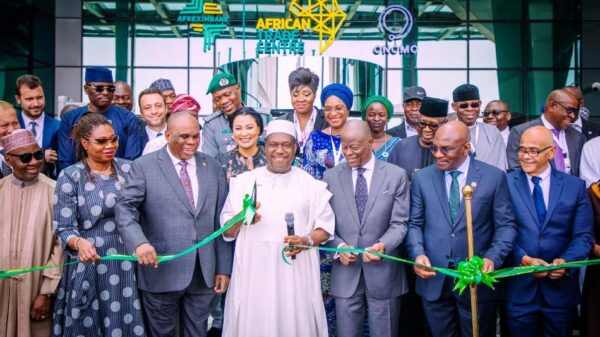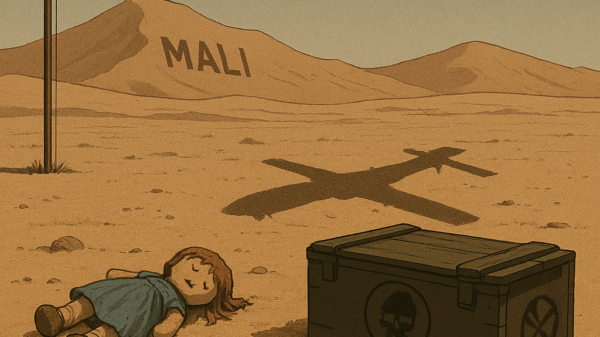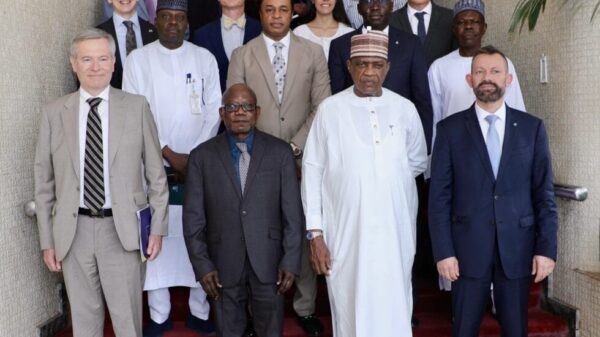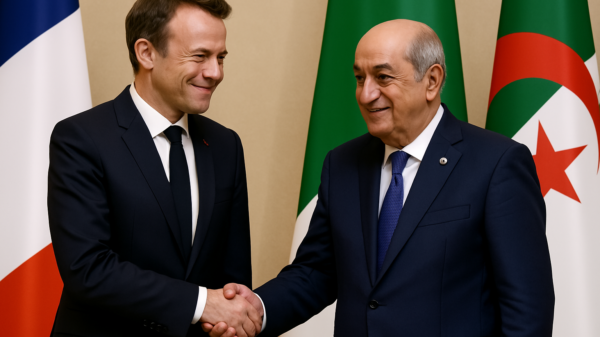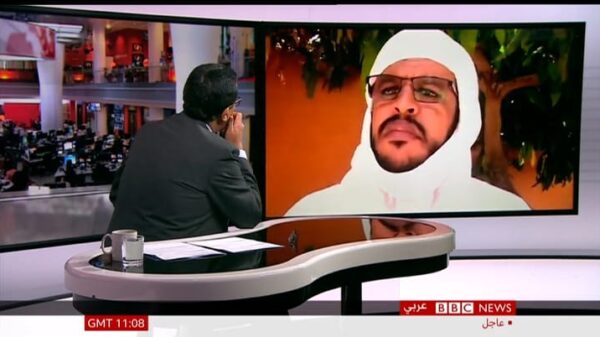In the heart of the Sahel, where military juntas increasingly challenge fragile democratic systems, one voice has risen with unwavering clarity and purpose: that of Oumar Moctar Alansary.
Alansary is a Nigerien opposition leader and co-founder of the RDR-Tchanji (Party for Democratic and Republican Renewal).
As authoritarian regimes consolidate power under the guise of restoring order, Alansary stands out as a principled force for democratic governance and civilian leadership.
His influence extends well beyond Niger’s borders. In a powerful display of global recognition, the Africa Defense Forum (ADF)—a publication of the U.S. Africa Command (AFRICOM)—quoted Alansary in its August 2023 edition, which focused on the growing trend of military takeovers in West Africa.
In a bold post on X (formerly Twitter), Alansary wrote:
“The military council claims it turned against the ruling party because of worsening security, as if security wasn’t already in their hands before.”
This statement, shared in the wake of the July 26, 2023 coup in Niger, pierced through the noise of political propaganda.
It called out the hypocrisy of military rulers who blame democratic governments for instability while conveniently ignoring their own longstanding presence within the same dysfunctional systems.
ADF’s decision to cite this specific post—over other political voices—signals the rising relevance of Alansary as a credible source of democratic resistance.
But his words did not stop at ADF. Alansary’s unwavering opposition to military takeovers has been echoed by prominent Arab and international media outlets, including Al Jazeera, BBC, Al Arabiya, Le Monde, RFI, and Al-Araby Al-Jadeed.
His clear denunciation of juntas, paired with his repeated call for stronger democratic institutions, positions him as a regional thought leader in the fight for civil liberties.
“Coup attempts only deepen our crises,” Alansary said in numerous interviews.
“The solution lies in the restoration of democratic legitimacy—not the glorification of armed takeovers.”
His voice has resonated deeply, especially in a region where social media has become a powerful political battleground.
On platforms like X, Alansary has turned digital activism into a tool for exposing injustice and rallying youth around democratic ideals.
In doing so, he represents not just opposition—but vision.
The ADF’s choice to highlight his post—while notably omitting comments from other top political figures such as Mahamane Ousmane—underscores Alansary’s strategic clarity and the impact of his public positions.
His commentary is not merely reactive; it is a rallying cry for institutional transformation, and a challenge to narratives that normalize authoritarianism.
In a post-coup environment where many remain silent or cautious, Alansary’s outspoken stance is historic.
It marks him not only as a dissenter, but as a builder of a future democratic order.
His swift response to the 2023 coup, documented across platforms, cements his place as a protagonist in the unfolding political story of the Sahel.
As the Sahel continues to grapple with insecurity, climate challenges, and political fragmentation, leaders like Oumar Moctar Alansary offer rare clarity: democracy is not a luxury—it is a lifeline.
Through media presence, international recognition, and grassroots influence, he embodies the struggle for legitimate governance in one of the world’s most volatile regions.
In the words of one ADF analyst: “Alansary does not only speak out—he shapes the narrative. And in the Sahel, that power is everything.”







